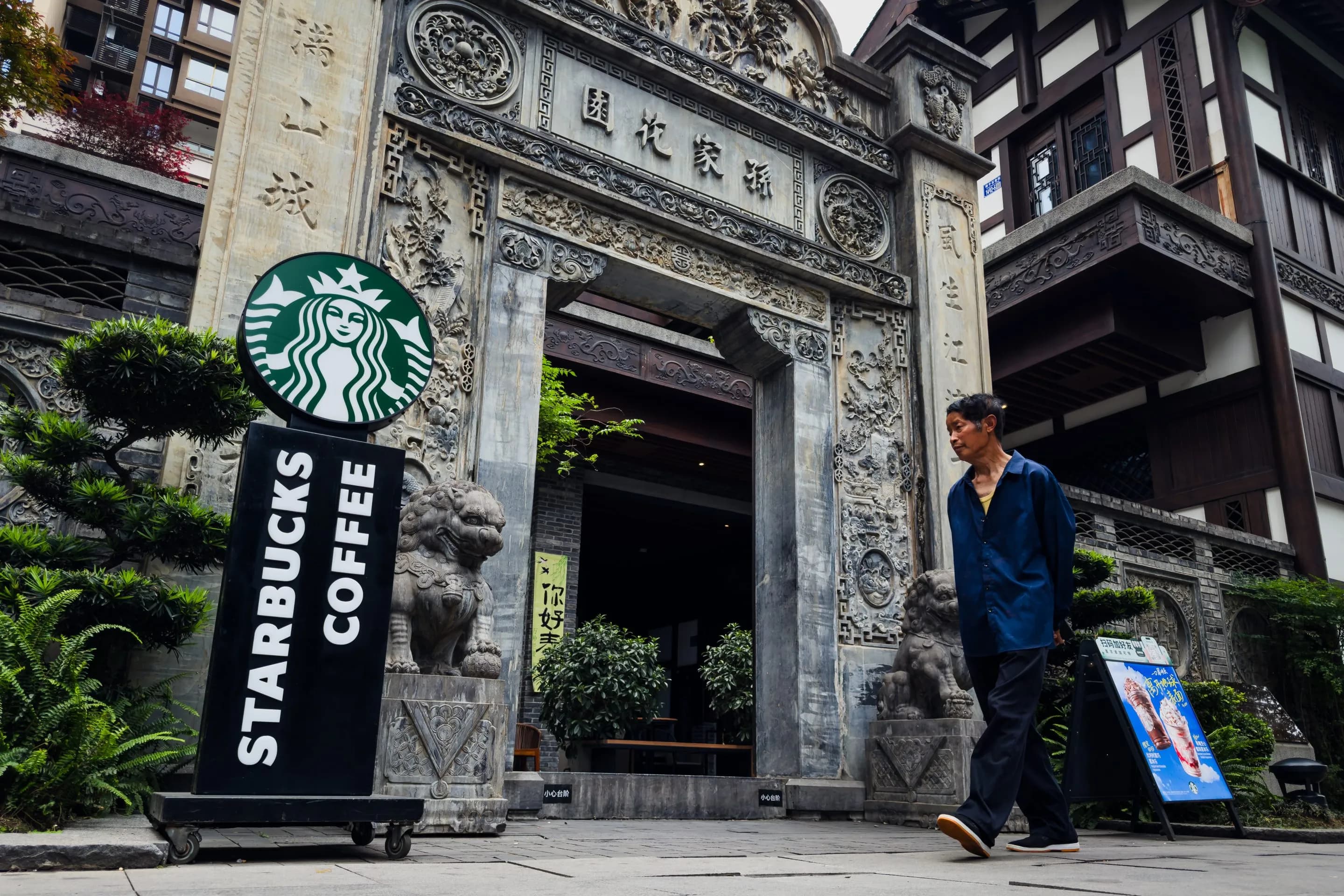We're loading the full news article for you. This includes the article content, images, author information, and related articles.
The deal with private equity firm Boyu Capital marks a strategic retreat for the coffee giant in its second-largest market, signaling intense competition and shifting consumer tastes that could influence global coffee trade dynamics, including for Kenyan exporters.

GLOBAL – Starbucks Corporation announced on Monday, November 3, 2025, that it will sell a 60% controlling stake in its China retail operations to the Chinese private equity firm Boyu Capital. The deal values the business at approximately $4 billion and marks a significant strategic shift for the Seattle-based coffee giant after more than 26 years in what has become its second-largest market globally.
Under the terms of the agreement, Starbucks will retain a 40% interest in the new joint venture, which will operate the existing 8,000 stores across China. The company will also continue to own the Starbucks brand and its associated intellectual property, licensing them to the new entity. Starbucks executives stated they expect the total value derived from its China business—including the sale proceeds, its remaining stake, and future licensing fees—to exceed $13 billion over the next decade. The transaction is expected to close in the second quarter of Starbucks' 2026 fiscal year, pending regulatory approvals.
The decision to relinquish control comes as Starbucks faces formidable competition from domestic rivals in China, most notably Luckin Coffee. Founded in 2017, Luckin Coffee has expanded at a breakneck pace, overtaking Starbucks in store count by offering lower-priced coffee and leveraging a tech-focused model of small, cashless stores for quick pickup and delivery. As of July 2025, Luckin Coffee had over 26,000 stores globally. This intense price competition has eroded Starbucks' market share, which fell from 34% in 2019 to 14% in 2024, according to data from Euromonitor International.
Starbucks' latest quarterly results, released in late October 2025, highlighted the challenging environment. While same-store sales in China saw a modest increase of 2%, driven by a 9% rise in transactions, the average amount spent per visit declined by 7%. This indicates that while more customers are visiting, they are spending less, reflecting a broader consumer trend towards value amid China's economic slowdown.
By partnering with Boyu Capital, a firm founded in 2011 with deep local expertise and investments across technology, consumer, and healthcare sectors, Starbucks aims to navigate the complex local market more effectively. In a statement, Starbucks CEO Brian Niccol said, “Boyu's deep local knowledge and expertise will help accelerate our growth in China, especially as we expand into smaller cities and new regions.” The joint venture has ambitious plans to eventually expand the number of Starbucks stores in China to 20,000.
While Starbucks does not currently operate retail stores in Kenya, this strategic shift in a major global market carries potential implications for Kenyan coffee producers. China is a growing and lucrative market for high-quality coffee, with some Kenyan trade delegations estimating its potential to be worth over US$100 million annually for Kenyan farmers. Kenyan coffee chains like Java House have already begun exporting to China, and government bodies are actively promoting Kenyan beans to Asian buyers to diversify from traditional European and North American markets.
The new Starbucks-Boyu joint venture, with its goal of massive expansion, will require a vast and stable supply of premium coffee beans. This could present a significant opportunity for Kenyan farmers, who are known for producing high-quality Arabica coffee. In October 2023, Kenya's Deputy President Rigathi Gachagua announced that the government was in talks, facilitated by US Ambassador Meg Whitman, to secure a direct sales deal with Starbucks to eliminate middlemen and increase farmer earnings. A more locally-focused Starbucks China, backed by Boyu's market insight, might be more agile in sourcing high-demand specialty coffee, potentially benefiting Kenyan producers if they can secure direct supply-chain access.
However, the increased focus on value and competition from lower-priced chains like Luckin could also put downward pressure on procurement prices globally. The new venture will need to balance the premium Starbucks brand identity with the price sensitivity of the modern Chinese consumer. This dynamic will be a critical factor for Kenyan exporters to monitor as they seek to expand their footprint in the rapidly evolving Chinese coffee market.
Keep the conversation in one place—threads here stay linked to the story and in the forums.
Sign in to start a discussion
Start a conversation about this story and keep it linked here.
Other hot threads
E-sports and Gaming Community in Kenya
Active 9 months ago
The Role of Technology in Modern Agriculture (AgriTech)
Active 9 months ago
Popular Recreational Activities Across Counties
Active 9 months ago
Investing in Youth Sports Development Programs
Active 9 months ago
Key figures and persons of interest featured in this article